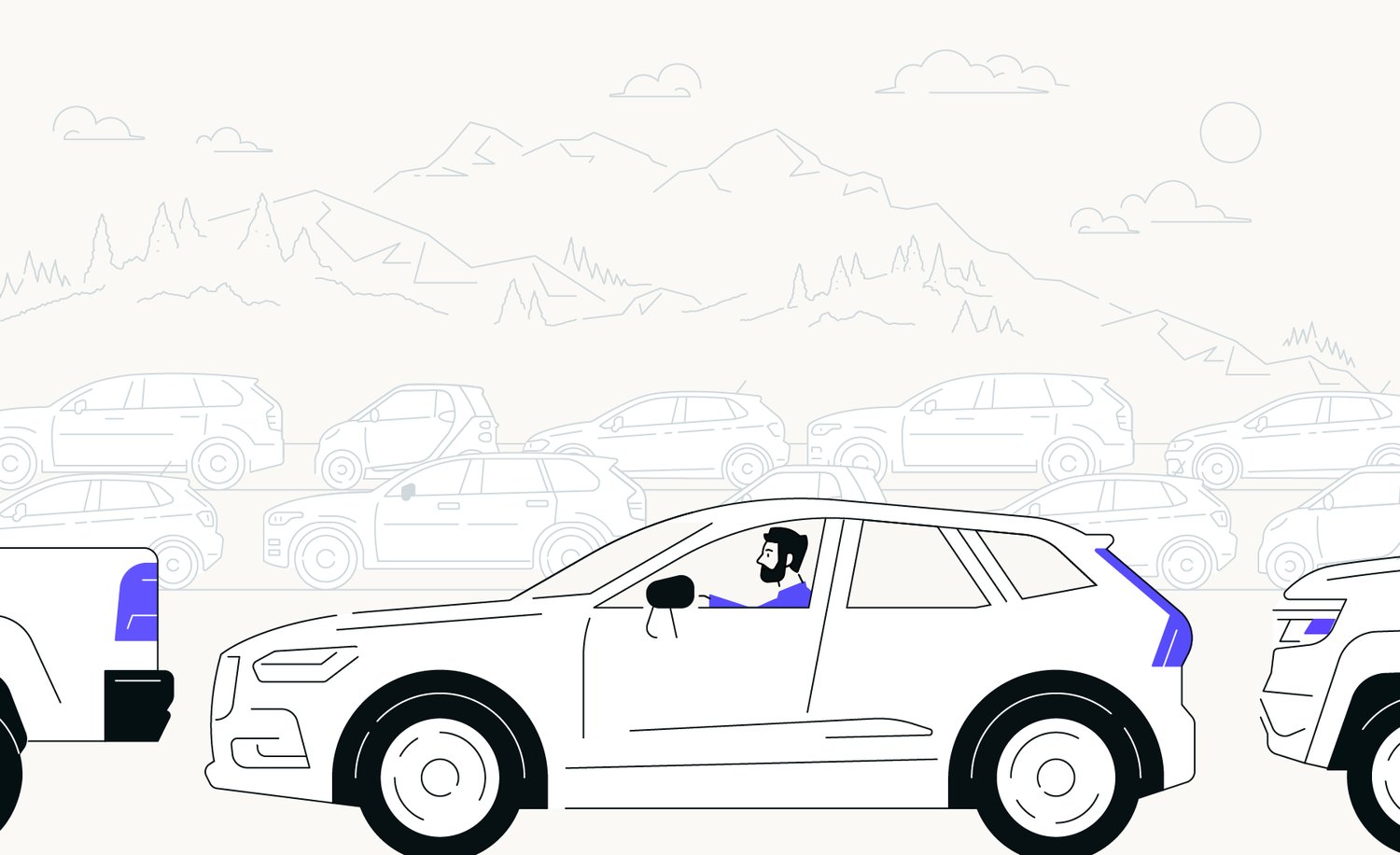Owning a car is convenient, but it's also expensive. From routine maintenance to unexpected repairs, car owners have to deal with ongoing costs. On top of that, owning a car takes up time, especially when it comes to your daily commute.
With all this in mind, The Zebra set out to find the worst cities for owning a car by analyzing the 50 most populous cities in the U.S. using four data points:
- Amount of time spent in rush hour each year: The amount of time spent sitting in traffic each weekday varies greatly by location.
- Public transportation score: Cities that don't invest well in public transportation make owning a car essential, even if you'd rather travel in other ways. For reference, New York has the highest AllTransit score of 9.6, while Arlington, Texas holds the worst score of 0.1.
- Average gas price (by state): The more you pay for gas, the more expensive it is to get around. The national average as of December 2023 was $3.185 per gallon.
- Average car insurance costs: Location also impacts the price of car insurance. Nationally, annual premiums average $1,759.
Using these factors, we've discovered the ten worst cities for owning a car (and we doubt #1 will surprise you).












